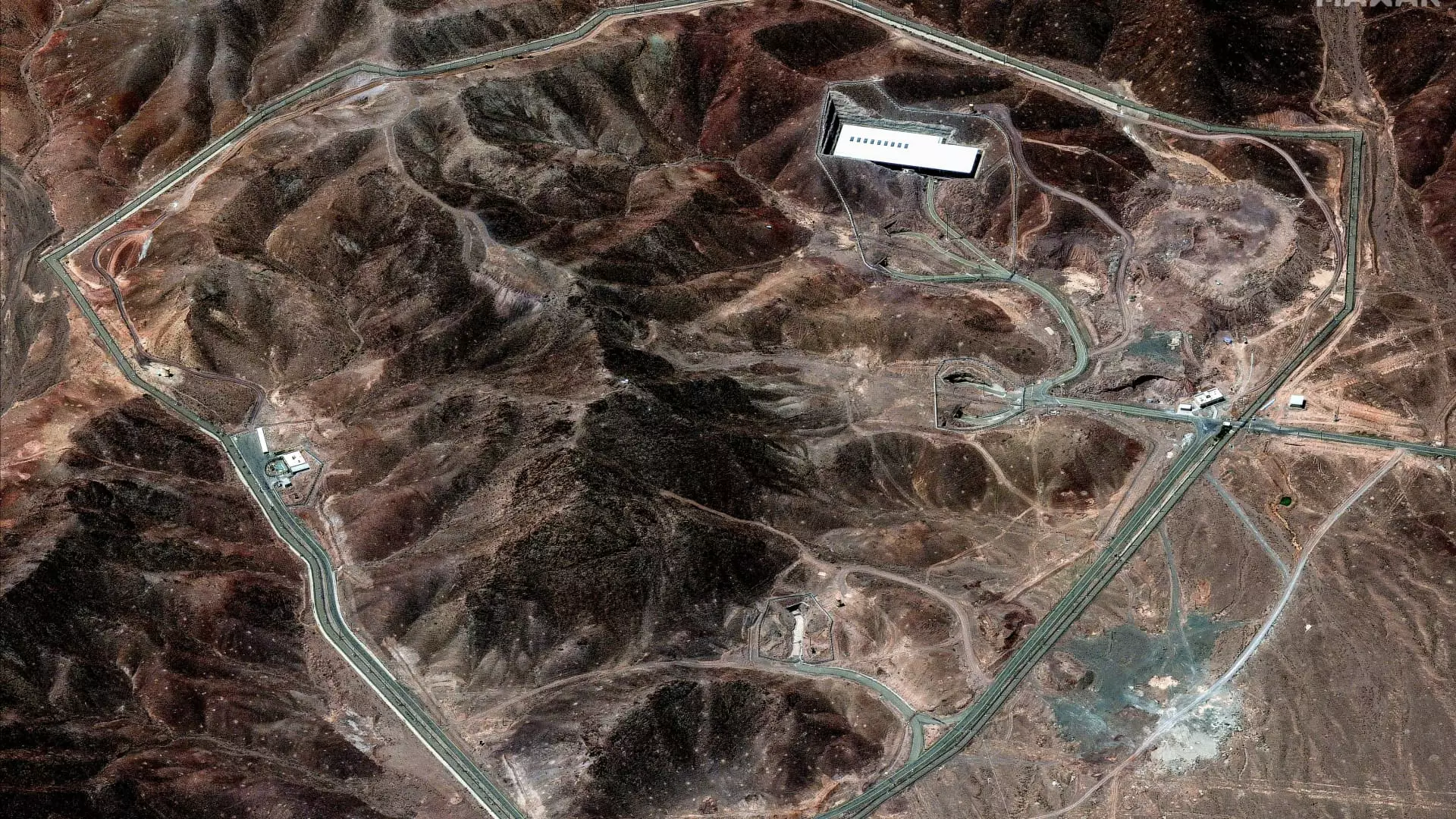In an era where informed dialogues around international security could spell the difference between peace and war, the recent remarks by Sen. Markwayne Mullin concerning the U.S. strikes on Iran’s Fordo nuclear facility demand scrutiny. By boldly contradicting reports that suggested Iran moved nuclear materials prior to attack, Mullin’s assertions highlight the perilous game of misinformation and half-truths that plagues U.S. foreign policy. It’s bewildering how such raw confidence in U.S. intelligence capabilities can cloud the reality that these very principles are often based on selective storytelling rather than comprehensive analysis. The U.S. must tread carefully, lest it fall into the traps of overconfidence and an increasingly dangerous escalation.
A Dangerous Game of Obfuscation
Mullin’s conviction that Iran has fortified its Fordo facility, stemming from a belief in its impenetrability, brings a troubling element of arrogance to the conversation. “We have the ability to destroy things that people think were undestroyable,” he claims, projecting an air of invincibility that could drive the U.S. into deeper conflict. This rhetoric not only disregards the complexities of Iranian nuclear ambitions but also edges dangerously close to a mindset where military action is perceived as the only solution. As Senate Armed Services Committee members champion the idea of airstrikes, the narrative simplifies the intricacies of diplomacy to a mere showdown between might and willingness. It poses an unnerving question: Will America continue to prioritize military supremacy over pragmatic diplomacy, which offers far more sustainable solutions?
Escalation Over Engagement
Mullin’s warning indicating that further actions may be taken—specifically alluding to working with allies to “finish the job”—is a chilling representation of the policy of escalation. His remarks gloss over the significant implications of sustained military interventions. They highlight a willingness to pressure the U.S. into deeper warfare that could spiral out of control, igniting not just regional but global conflict as well. By suggesting that airstrikes can replace the complexities involved in on-ground negotiations, the senator not only simplifies the stakes but also shows an alarming level of detachment from the realities facing both Iranian citizens and American troops alike.
Responsibility in Decision-Making
Political accountability must be front and center amidst this speculation. Although Mullin may believe in the efficacy of military actions, the broader implications cannot be understated. The fact that no congressional authorization accompanied these substantial military actions raises serious questions about the democratic process and the responsibilities of elected officials. Ceding this discretion to the executive branch effectively strips Congress of its constitutional role, presenting a dangerous erosion of checks and balances essential in a democratic society. The pressures that come from military engagements can lead to hasty, uninformed decisions with life-altering consequences, not just for the nations involved, but for the international community at large.
Propaganda vs. Accountability
The notion that President Trump has been consistent in his fight to prevent a nuclear-armed Iran is wrapped in a veneer of righteousness. Mullin noted, “We will not allow Iran, the world’s sponsor of terror, to have a nuclear weapon any way whatsoever.” However, this bombastic language is reminiscent of the propaganda machines that have justified countless military interventions throughout history. True accountability would require not just a show of military force but a genuine willingness to engage in meaningful dialogue—a crucial ingredient in any long-term resolution that reduces tensions and fosters stability.
In a world where the stakes have never been higher, the U.S. must move beyond bombastic rhetoric and confront the reality that a military-first approach to foreign policy could lead to catastrophic fallout. Only through genuine diplomacy and understanding can America reclaim its place as a rational actor on the international stage rather than an aggressor poised on the brink of conflict.


Leave a Reply